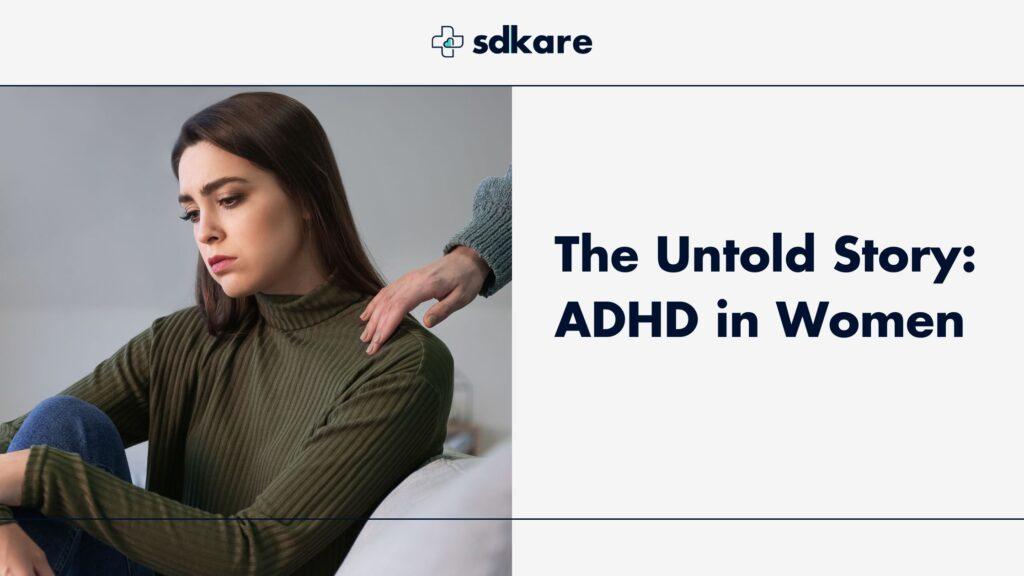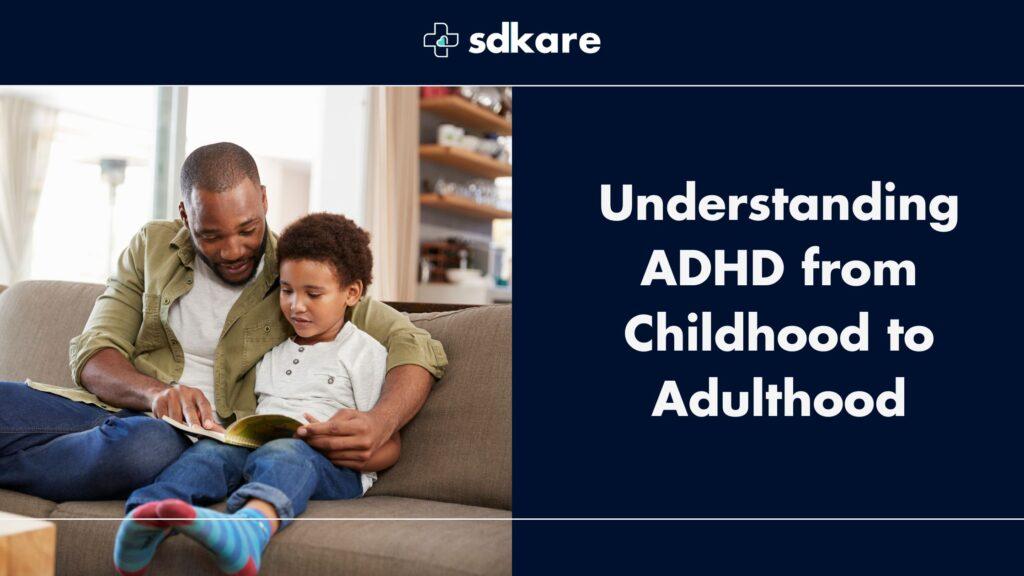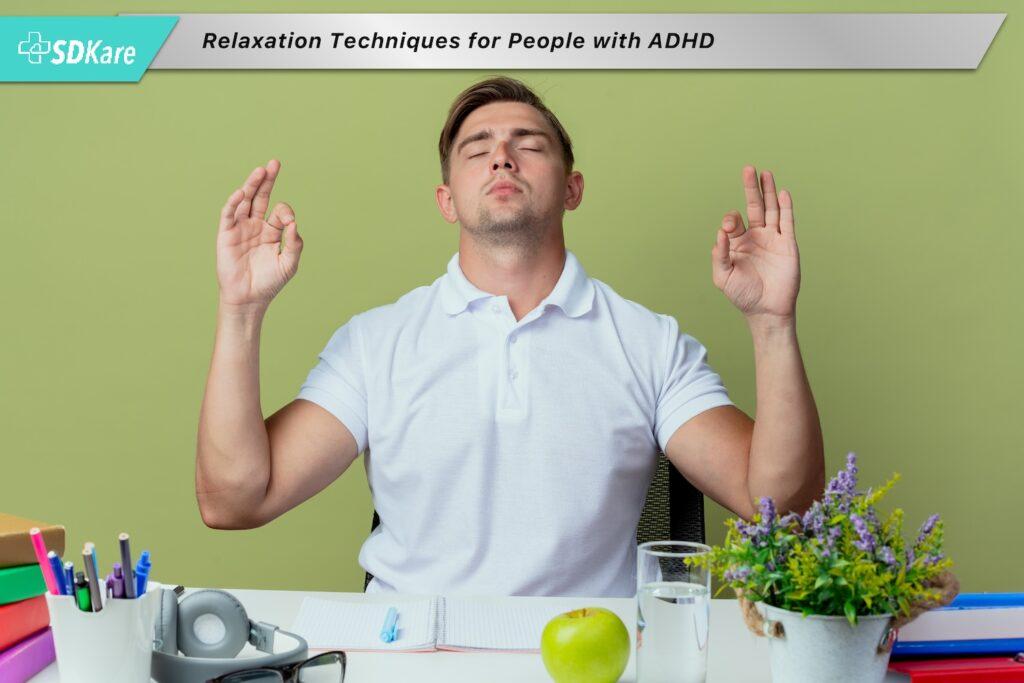Attention Deficit Hyperactivity Disorder (ADHD) has long been a subject of research and discussion, yet there remains a significant gap in our understanding of how this neurodevelopmental disorder manifests in adult women. While much attention has been devoted to children, adolescents, and men with ADHD, the experiences of adult women with the condition have often been overlooked. In fact, studies reveal that even among children, boys are more frequently diagnosed accurately than girls, leaving a considerable void in our comprehension of ADHD’s impact on women throughout their lives.
The Unseen Struggle:
ADHD is often associated with hyperactivity, impulsivity, and difficulty sustaining attention. These symptoms can be challenging for individuals to navigate in various aspects of life, from academics and work to personal relationships. However, the manifestation of symptoms in women may differ from the stereotypical image we associate with the disorder.
In many cases, women may exhibit more internalized symptoms, such as difficulty with organization, time management, and a persistent feeling of being overwhelmed. These struggles may go unnoticed or be attributed to other factors, making it harder for women to receive an accurate diagnosis. As a result, countless women may be grappling with the challenges of ADHD without even realizing it.
The Diagnostic Discrepancy:
Research consistently highlights a significant diagnostic discrepancy between boys and girls when it comes to ADHD. Boys are more likely to receive an accurate diagnosis during childhood, whereas girls often slip through the cracks. This diagnostic gap persists into adulthood, contributing to a lack of understanding about how it uniquely affects women.
One reason for this discrepancy lies in the traditional perception of ADHD as a predominantly male disorder. The stereotypical hyperactive, impulsive boy in the classroom becomes the face of ADHD, overshadowing the subtler, internalized struggles that girls may experience. This gender bias perpetuates a cycle of misdiagnosis and under-treatment for many women with ADHD.
The Impact on Daily Life:
Undiagnosed and untreated ADHD can have profound effects on various aspects of adult women’s lives. From education and career advancement to interpersonal relationships and mental health, the implications are far-reaching. Understanding how the disorder presents in women is crucial for providing targeted support and interventions.
As we strive for a more comprehensive understanding of ADHD, it is imperative to shed light on the under-explored experiences of adult women with the disorder. By challenging stereotypes, addressing diagnostic discrepancies, and fostering awareness, we can create a more inclusive dialogue around ADHD and empower women to navigate their lives with greater understanding and support. The untold story of ADHD in women is a narrative waiting to be unveiled, and it is our responsibility to bring it into focus.
At SDKare, our team specializes in providing personalized care for women dealing with ADHD, offering a compassionate and understanding approach that addresses your specific needs and concerns.
Relief is a few clicks away – take our FREE online assessment HERE!!




